If you click on a link and make a purchase we may receive a small commission. Read our editorial policy.
First Second Editor Kiara Valdez on Frizzy, building a publishing career, and being chronically online
A chat with the editor of Frizzy (and a lot of your other favorite graphic novels)
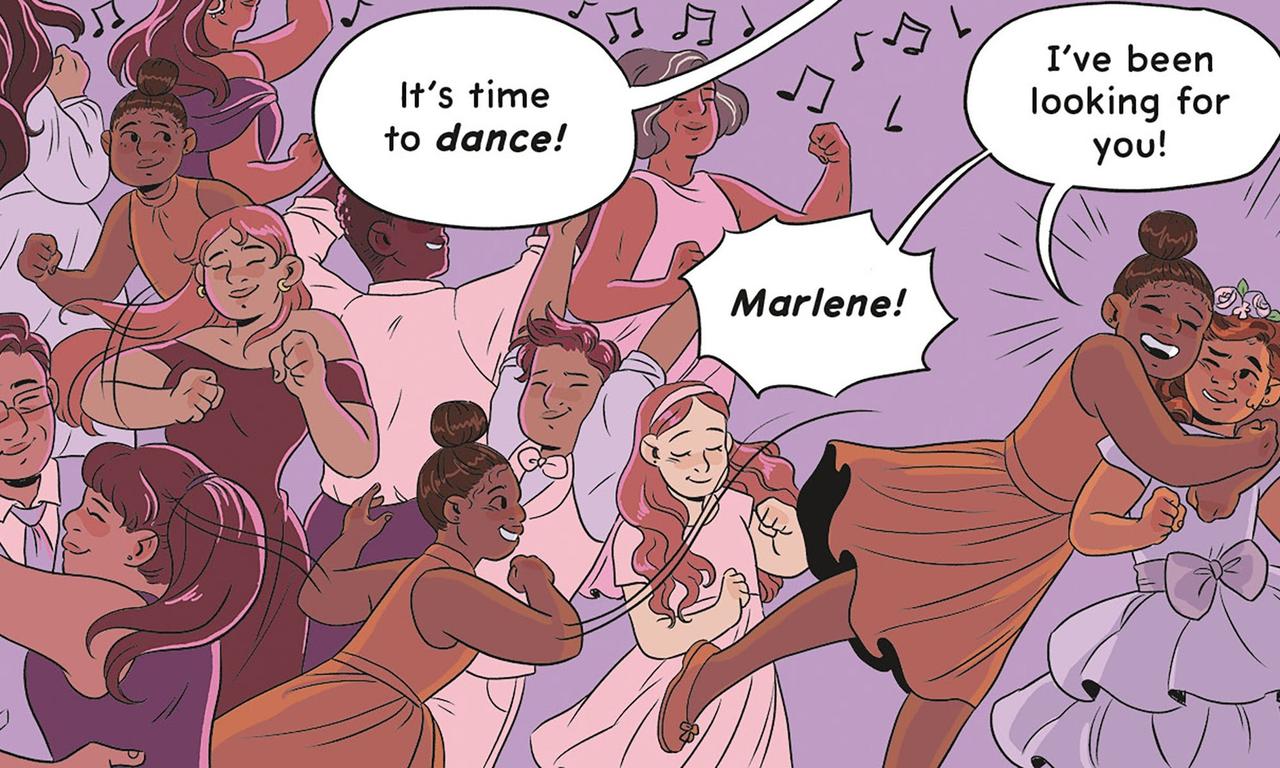
Kiara Valdez is a graphic novel editor with First Second, where she has edited several award-winning and best-selling graphic novels, including Pura Belpré Award & recent Eisner award-winning graphic novel, Frizzy by Claribel A. Ortega & Rose Bousamra. Many of the graphic novels Kiara edits are works from BIPOC & LGBTQ+ creators, especially from Latine and Black creators. From Check, Please to Snapdragon to Frizzy, Kiara Valdez’s graphic novels are essential reads.
Frizzy tells the story of how a young girl, Marlene, comes to appreciate her curly hair and Afro-Domincan roots. With the help of her best friend Camilla and her tía Ruby, she learns about the reasons why straight, blonde hair should not be only ideal, and why that racist notion was passed down to her generationally. Frizzy is an important read for everyone, but especially for young latine kids who want to embrace their natural hair and themselves just the way they are.
Popverse had the chance to chat with Kiara about her journey as an editor at First Second, the success of Frizzy, & growing up Afro-Dominican with curly hair.
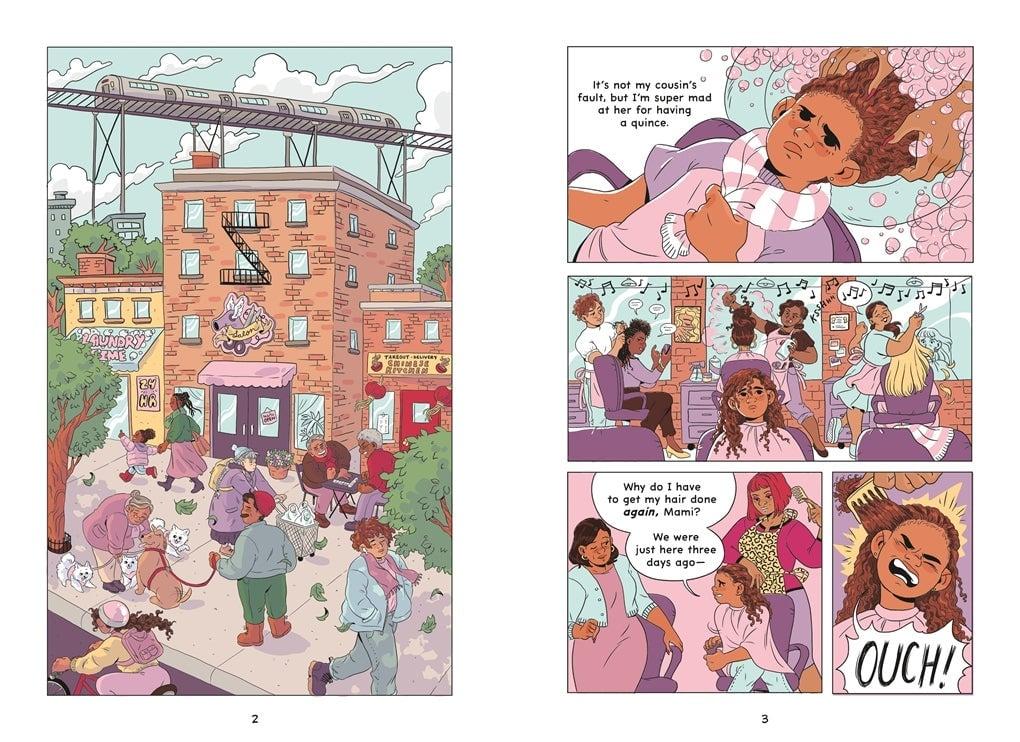
Popverse: Why the graphic novel, what makes that format so special?
Valdez: Well, I only work on graphic novels. So that's number one. I think that it's important for things like this to be visual because we can see skin tone, we can see curl patterns, and a lot of these things need to be in your face for people to really grasp it. [Claribel and I] talked a lot. These are two things we talk about in depth. Rose is amazing, but obviously, Rose is not Dominican and Rose doesn't have curls the way we do.
So at the end of the day, where we really spent most of the time [talking] was skin tone and how curls look because curls are most of the book. And [Claribel and I] had to sit down and Google things like, 'What does curly hair look like when it's sweated out? When straight hair is sweated out into curly hair, when it's blown by the wind? When the product is badly put in it.'
There's all these stages with curly hair that only people with curly hair really understand. I tell people all the time: my day one, my day two, my day three hair all look very different. You would think I have three different curl patterns. So this was very important to us to see visually. And also, Dominicans are every color of the rainbow. So we also focused on skin tones and shades, and obviously Marlene is Afro-Dominican, so that was important to us— What her aunt's gonna look like, what her mother is gonna look like, as well as what her mother's curls are going to look like based on what Marlene’s curls look like.
And there were a lot of these little things that you cannot get from a book, you're gonna be writing a whole paragraph in a novel of what this curl looks like, and people are still not gonna get it. So I think the visual medium is perfect for this kind of story.
And a lot of these scenes hit much harder because you see how much Marlene is struggling to get the curl she saw on YouTube and how different [hers was] and what a big gap it is from what you see her accomplishing at the time, like the bathroom scene.
Thank God for YouTube. It’s interesting because this book feels current, in the sense that Marlene and her best friend Cam are able to Google these things and find that resource to kind of guide them at first. But [Marlene] also needs the help of her Tia Ruby, and that's what really helps her along in the story.
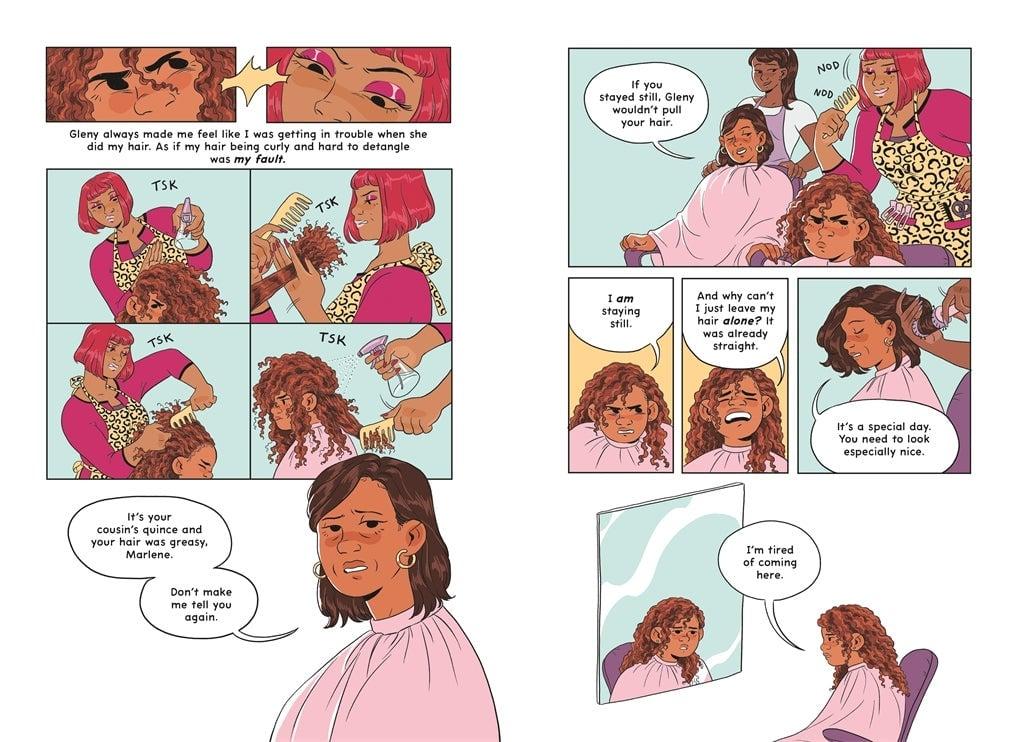
Did you always know you wanted to be an editor?
My journey was very peculiar because I knew I wanted to be an editor from the age of sixteen. How did I find out editing was a job? I truly cannot remember. Most people don't know editing is a job until they graduate college. What I wanted to do at first though, because I was really a huge weeb, l loved anime & manga and I was learning Japanese, I wanted to be a manga editor. I took Japanese in high school because I was like, 'I'm going to be a manga editor,' and I thought that a lot, until I met my now-manager a year before graduating.
It was just an informational interview, but [my now manager] handed me the book In Real Life by Corey Doctorow and Jen Wang. And it changed my life. I was like, 'Wow, there are books like manga in the American market that aren't superheroes.' And by chance First Second had a job opening that I got. So I’ve been with First Second for more than seven years now. And I've loved it. I was hugely into manga which has really helped my trajectory into graphic novels.
Also, I just have always loved writing. I've been writing fanfiction since I was twelve. Obviously I started very badly, but I used to write them and print them out and then bring them to recess secretly and give them to my friends to read who at the time were like 'oooo.' My friends will not do that now.
I knew I always wanted to be an editor first and foremost. I always thought 'I love writing, I love art, but I want to support it because it's not my passion to do the thing.' I just want to be in the background, kind of like how people who do like stage direction and lighting like to be in the space but don't want to be at the forefront.
But then, I was working on a book with Ngozi Ukazu, who I love dearly. It’s the next book after the book Bunt!. It’s called Flip, and it's kind of a Freaky Friday thing where a black girl in boarding school switches places with a white boy, they switch bodies. It talks about class and race in boarding school. And while I was giving her notes, some of my notes were, 'hey, like this is not how things work in boarding school,' because I went to boarding school when I was in high school as a black girl.
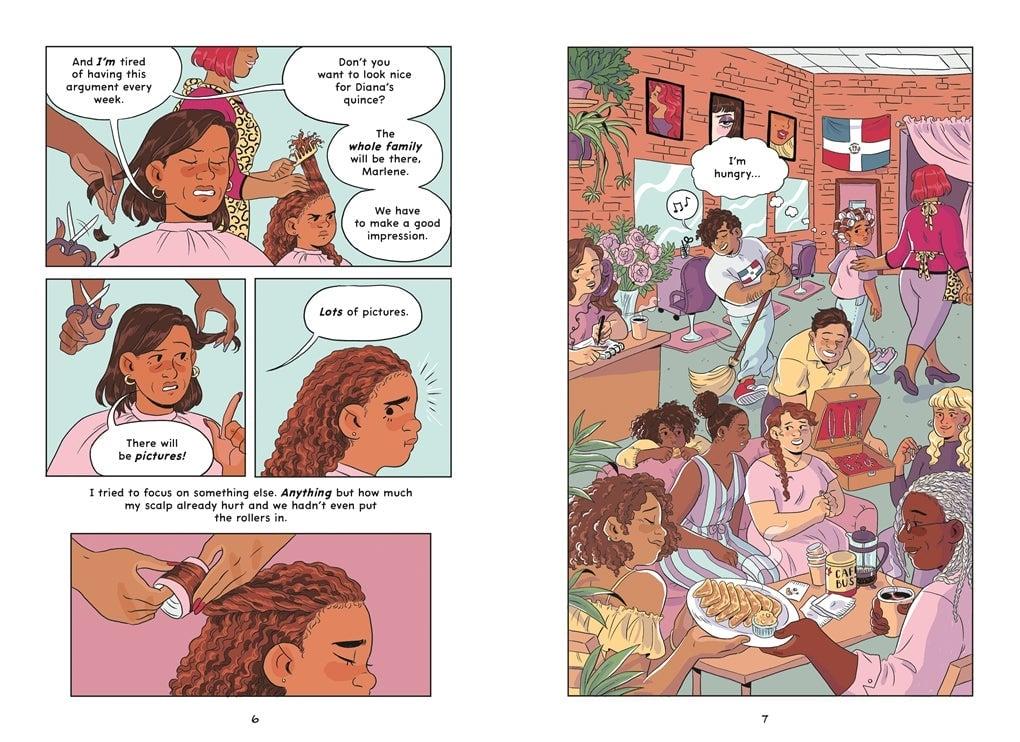
So I thought, 'Wait a second, I could tell my story too. I had a very specific experience being Afro-Latina going to a mostly white boarding school. I want to tell that story.' I started writing [my story] and obviously did the whole process. Now I really know how hard it is for authors, and obviously artists. But I knew nothing about the query process until I started doing it. We know querying happens, we just don’t know what actually goes into it.
My journey was well rounded. Writing has helped me as an editor. I work with authors who are doing their first memoir and are falling into the same traps I did. Writing gives me context into editing. And by being an editor, I was able to figure out what I was gonna write, what market I was gonna write for and be strategic about what I do. So I really love the balance I have. Now, when people ask me, would you quit your job to write? I'm like, 'hell no.' I'm an editor first and foremost, and I'm also a Virgo who needs a 9-to-5 job and knows what my paycheck is in two weeks. So yes, that is where I am right now.
What advice would you give those young kids that know about the publishing world already but are still trying to get published?
Give yourself the chance to find something you like as much as writing so that it doesn't become your whole life. There are people that need to have writing as their whole life and that is perfectly fine, but there's plenty of people that don't need to have writing as their whole life.
Write on the weekends or do whatever job they want to do that fulfills them just as much or enough to pay the bills standardly. And then they can write. You're a writer no matter how much or how little you write as long as you're consistently writing your whole life.
So give yourself the chance to make new hobbies and find new interests that, at the end of the day, will inform your writing. I think that's so important because I had friends that, when I told them I wanted to be an editor, they wanted to be a writer. And now they feel stuck because they haven’t written yet. And I tell them, “but look at all these other things you've done, that counts for something.” People were published at the age of 40 who are now amazing classic writers. So, really there is no timeline here.
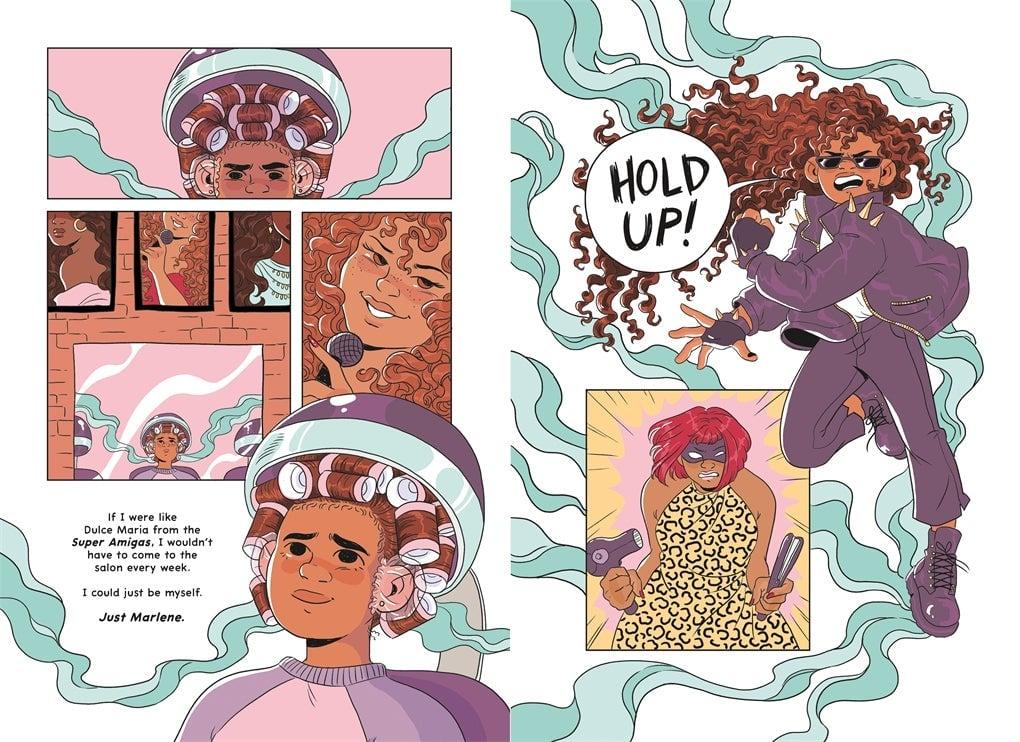
I was wondering: how has being chronically online helped or hindered Frizzy’s success, but also just your experience with writing or editing or in publishing in general.
Social media was very important to me when I first started. I knew going into Twitter that I was going to take back the peels of the onion that is publishing. Specifically with my audience being people of color, but obviously anyone who followed my account, so I've been very honest, a bit too honest, on Twitter since I started.
And it wasn't really until earlier this year, a little bit last year that I realized that I did what I needed to do in the last six years at the time. Especially in the comics community, a lot of things are regurgitated every six months. I was ready to step back. And I'm very glad I did what I did.
There's a lot of people that found me through Twitter. It helped my editor career because I built up a reputation on Twitter about being very honest and people sometimes really like that. They like genuine people. And I love genuine people. So that's what I strive to be. Social media helped me to find artists that I love and I'm working with now. I treated it like a rolodex for me, with people who I want to work with, people who I follow.
But now, sometimes things come to an end, right? And literally Twitter is coming to an end.
Before that, I decided that I did what I could. Any time an argument or a discussion comes up yet again, I can retweet one of my old tweets because really, publishing does not change. It is a cycle. It actually has helped my mental health a lot, not being online. As an editor, we're not really here comparing ourselves to other editors on Twitter. I think it's a very different environment than it is for an author or an artist.
I'm glad Twitter happened. I'm glad to move on to something else. I'm also glad to just step away from relying on social media so much. It just doesn't fill my needs anymore and it actually is contradictory to my future success.
No, I feel that as a marketer, I only do social for my job and then I'm like, that's it. That's all I can handle in a day.
For Frizzy though, I have a habit that I give too much into my books. So I'm just on the hashtag of any of my books on Twitter, and it's just so amazing to see the retweeting and seeing everyone's love for it. Twitter was a good place for word of mouth, that's how you sell books the best actually. There’s nothing stronger in my opinion than word of mouth.
It's also great to see who is reading it. Sometimes with some of my books, I have no idea who's reading it. And then I found out through Twitter it fell into a certain niche or a certain space. That was amazing to see.
What would you tell young Kiara who had frizzy hair today?
Claribel and I, we both had mothers that were hairstylists. So we had the hardest situation. All my femininity was based on long straight, back-length black hair. For a while before I did what I did (I went curly in college), I was stepping my way towards it. Not straightening my hair in the summer. My mom would be mad, but I would do it and then color my hair, get a perm, and then I went ombre, and then I finally went all curly. It was a gradual step.
I would tell young Kiara to fight her mom earlier. Even if mom did not like it, be rebellious.
Unfortunately, I used to get my hair cut and my hair done in her own salon. My mom fully ran a salon. She was literally a hawk. Any time someone was gonna take cuts or trim my edge, she would be over the stylist's shoulder telling them “not too much.”
Do it even if your mom doesn't want to and then apologize later. I would be so much further in my hair journey if I had started earlier. So that's what I would tell her. Just be a little rebel and deal with the consequences.
I love that. Finally, here at Popverse we celebrate the best in TV, movies and comics. And I was wondering what latine TV, movies or comics are you really enjoying right now but that you're not working on?
I have to be better about reading outside of my job, but I kind of don't read if it’s not manga. But Washday Diaries by Jamila Rouser and Robin Smith. If you would have told me, like a few years ago, that on the same day, the first two YA and middle grade Dominican-lead graphic novels would have happened. I would have been, like, 'Stop pulling my leg. You are a liar.' And it just happened, and it happened in the same year. They're kind of the first of their kind too. So that’s the last one I've read.
And then- this is way older because again, I don't keep up a lot, I'm watching way too much white fantasy. But the last thing I fell in love with that was latine was Vampire vs the Bronx. I just feel like not enough people watched that.
Frizzy is available to purchase on Amazon, Bookshop.org, and Barnes and Noble.
Follow Popverse for upcoming event coverage and news
Find out how we conduct our review by reading our review policy
Let Popverse be your tour guide through the wilderness of pop culture
Sign in and let us help you find your new favorite thing.

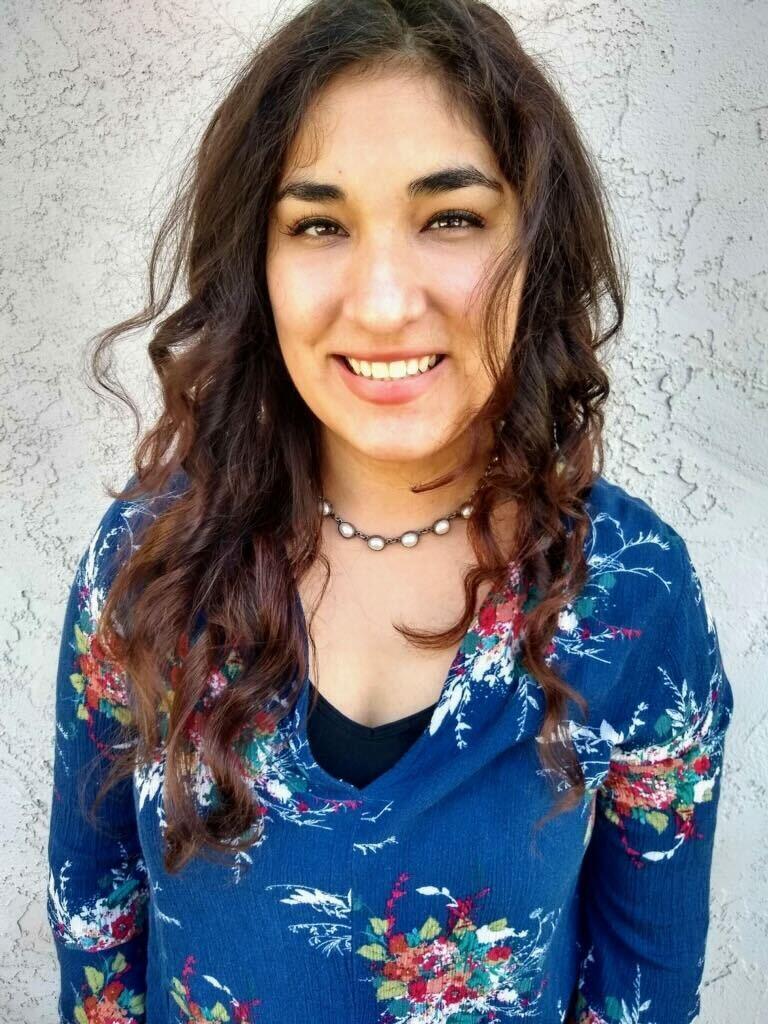
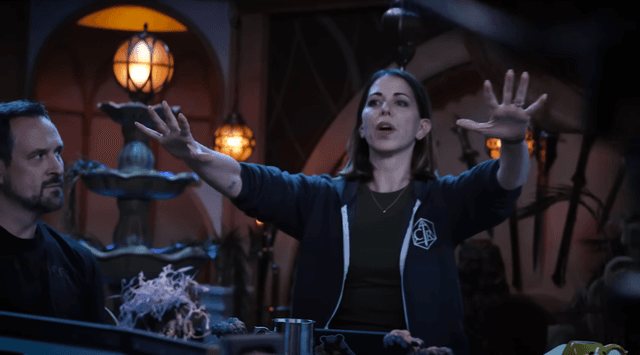
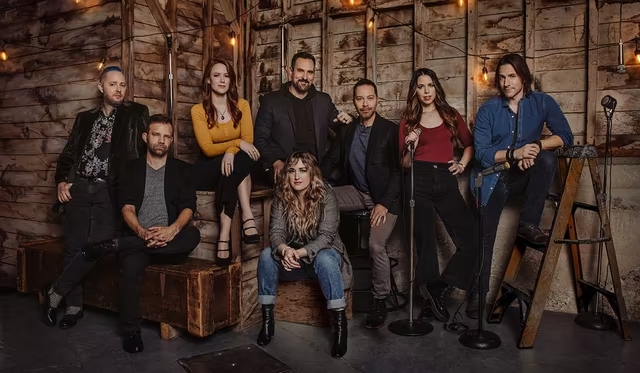
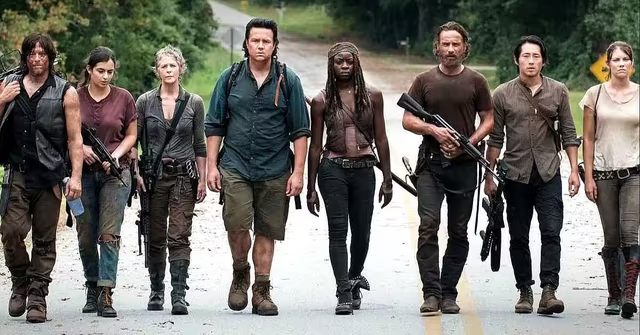


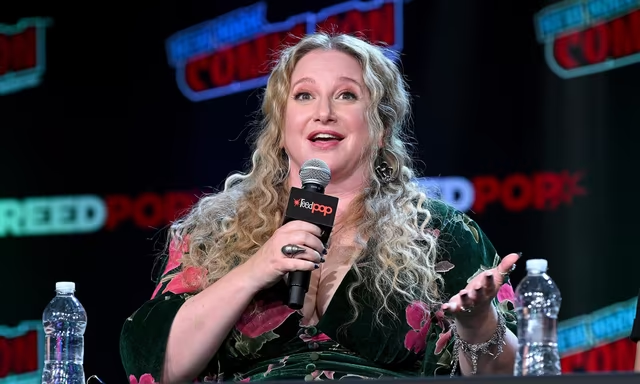
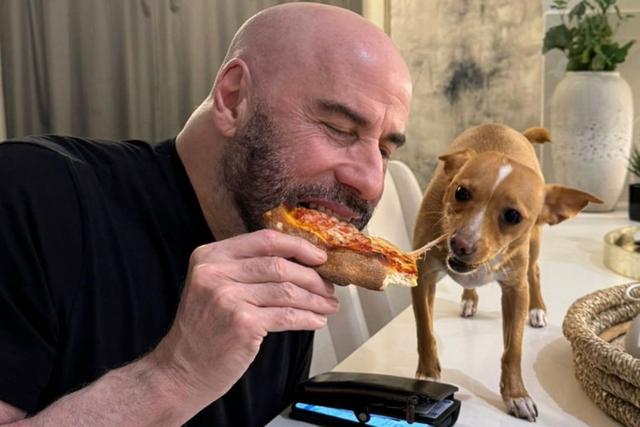


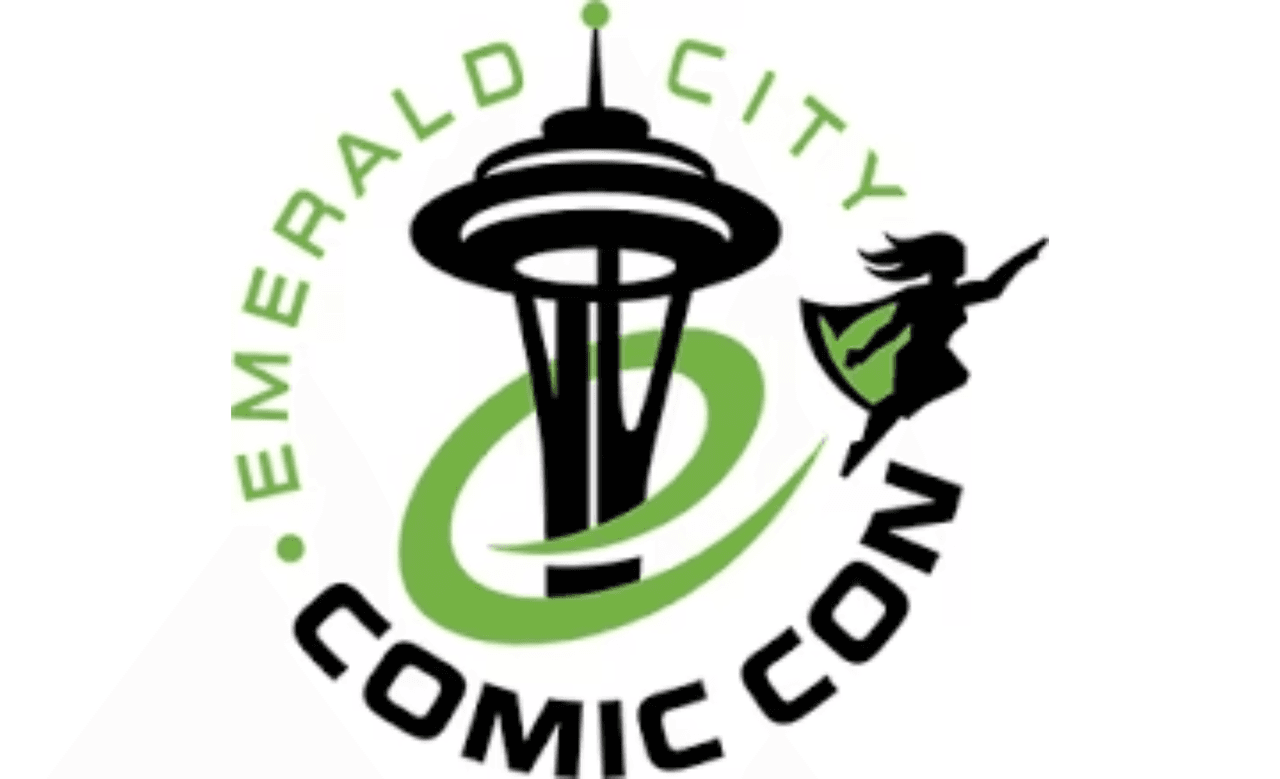
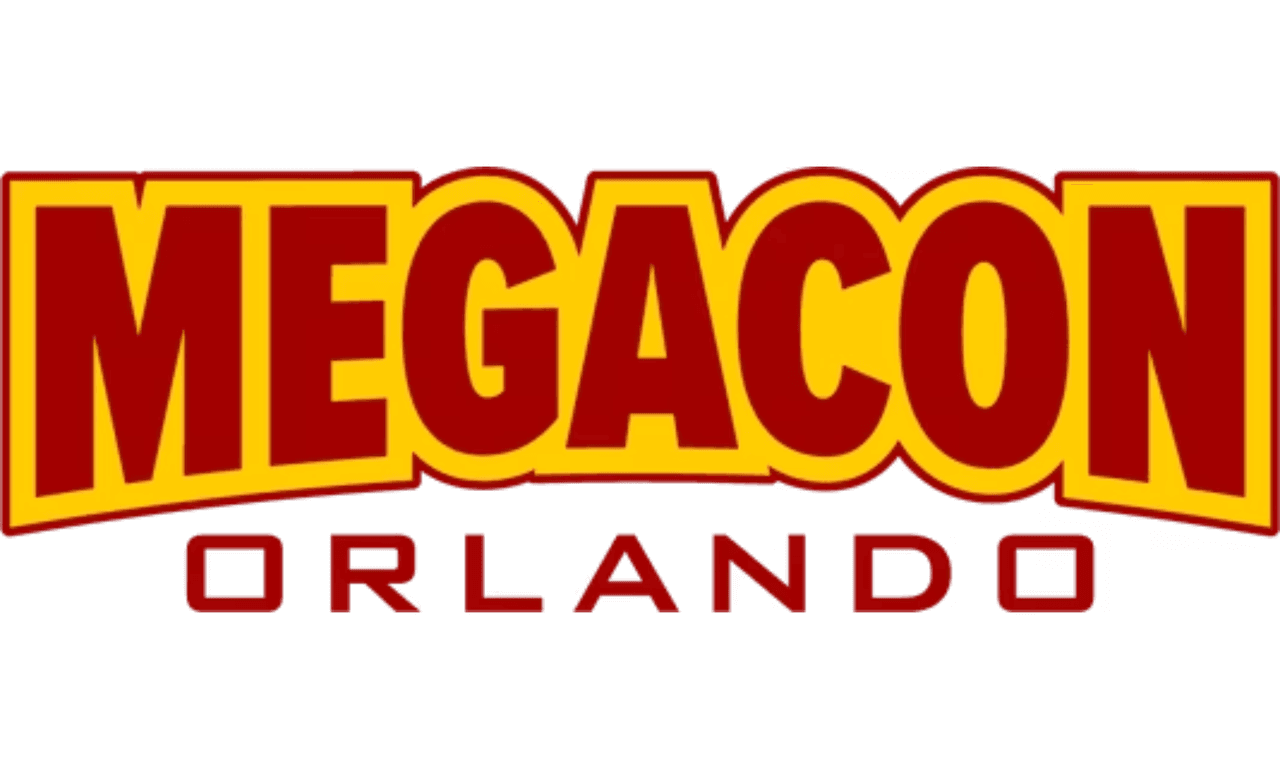
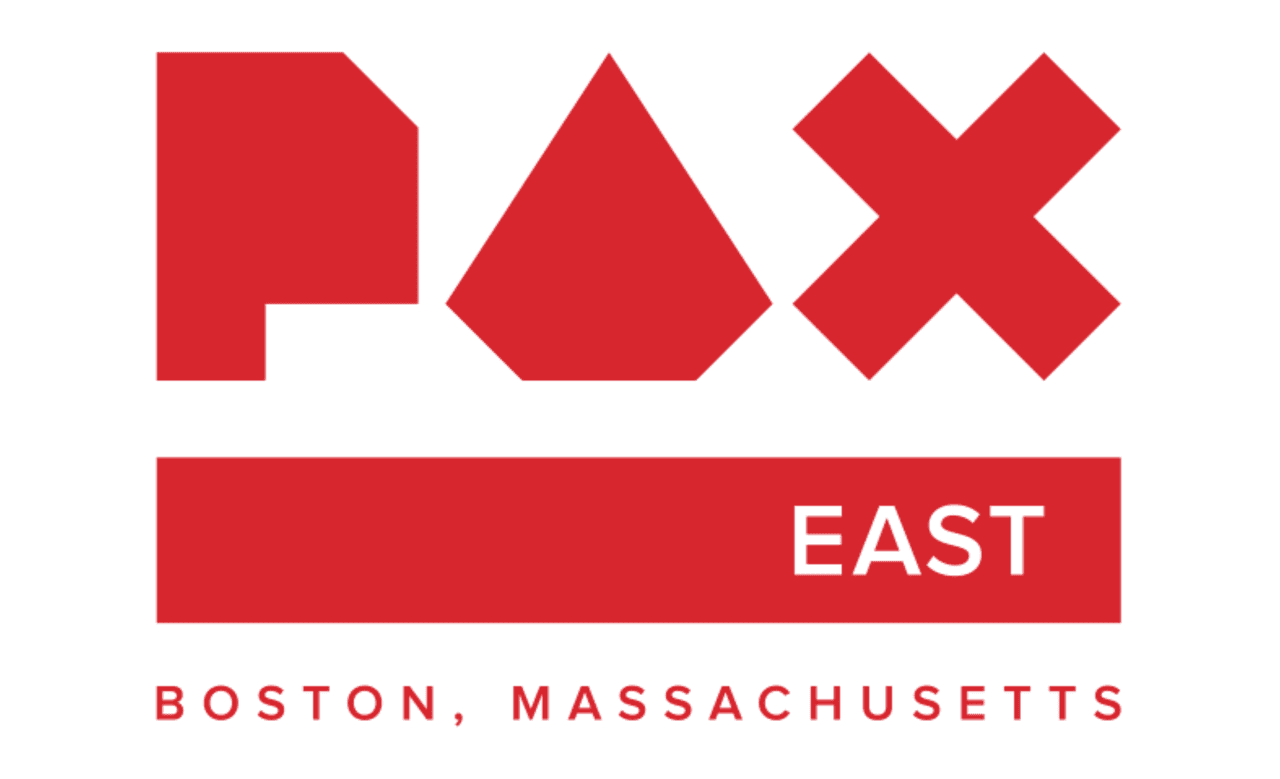
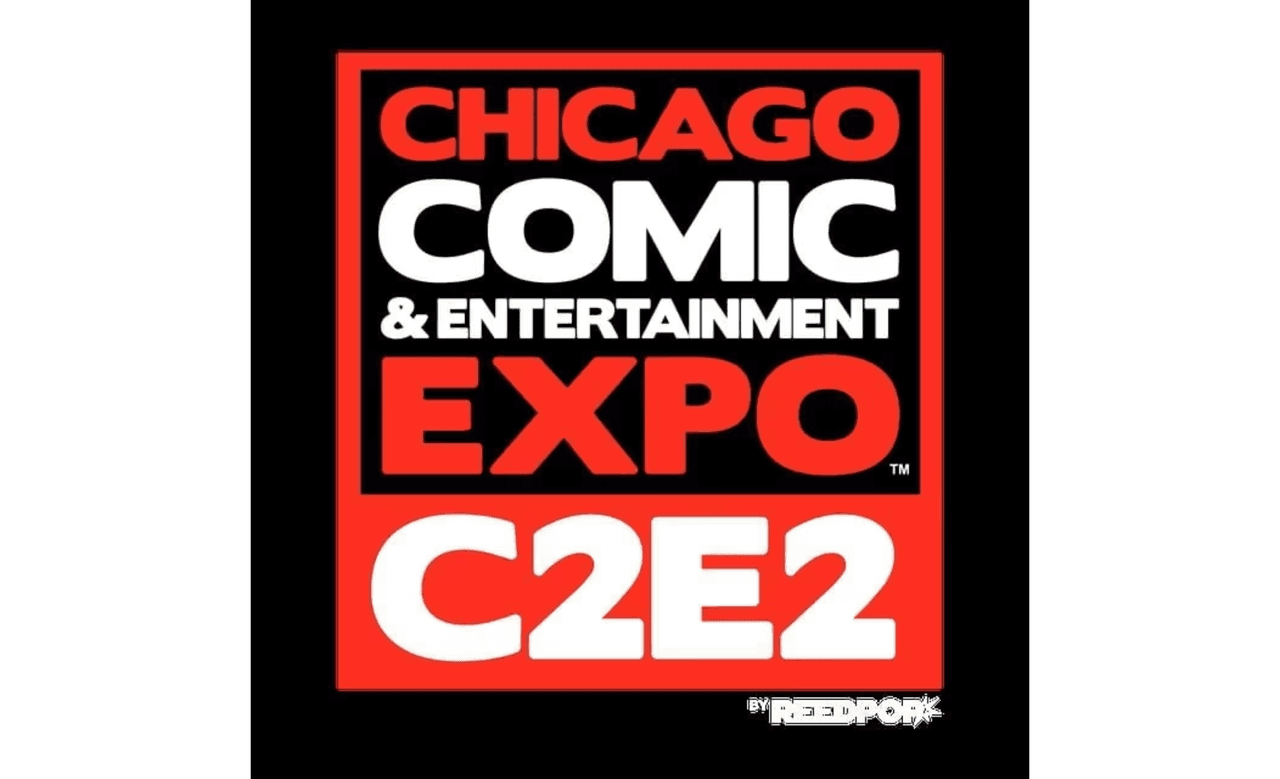
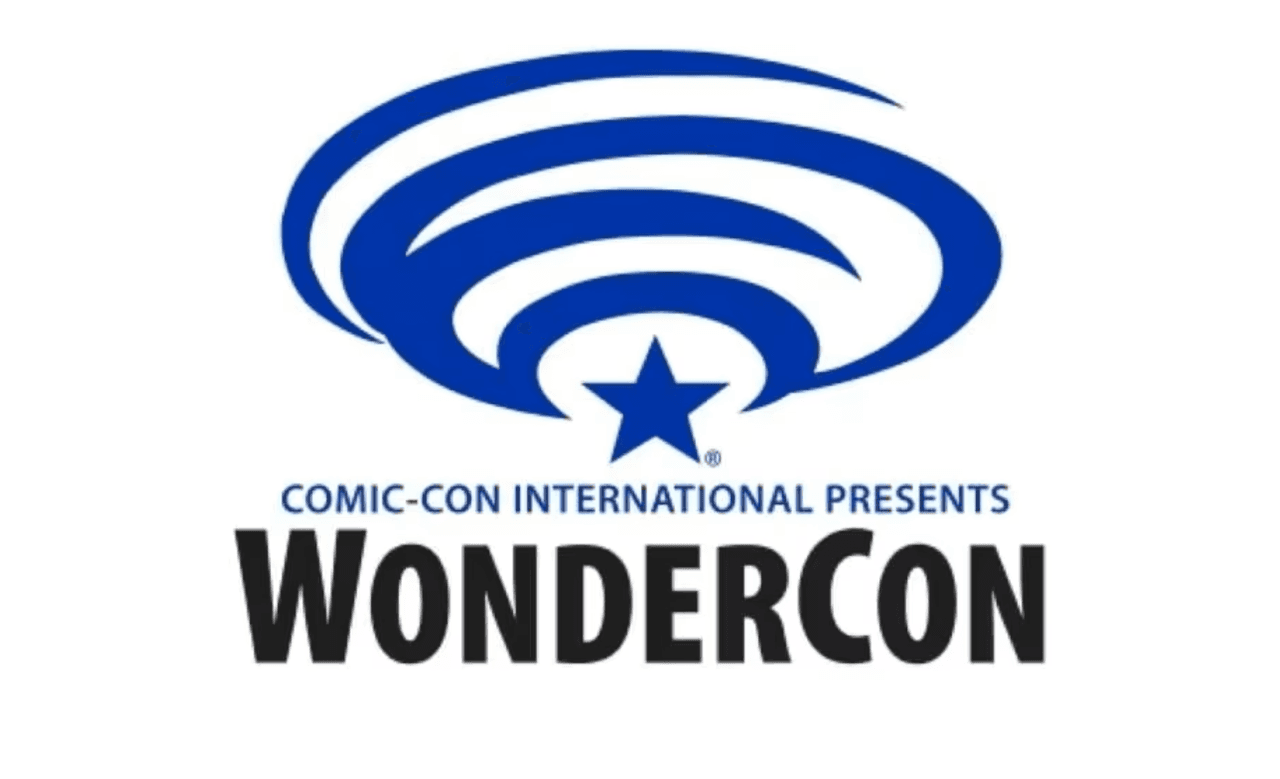
Comments
Want to join the discussion? Please activate your account first.
Visit Reedpop ID if you need to resend the confirmation email.